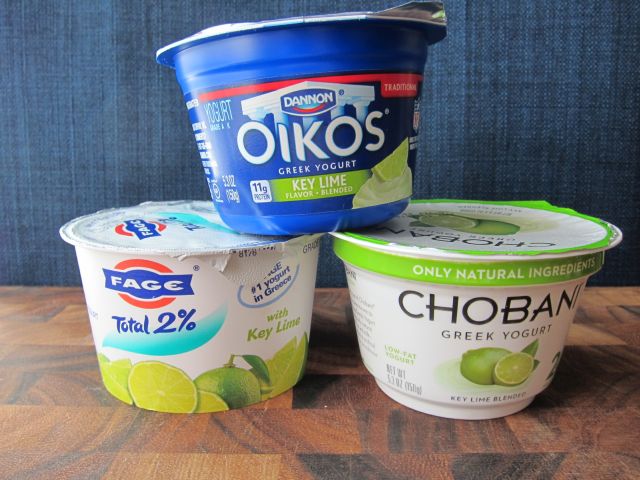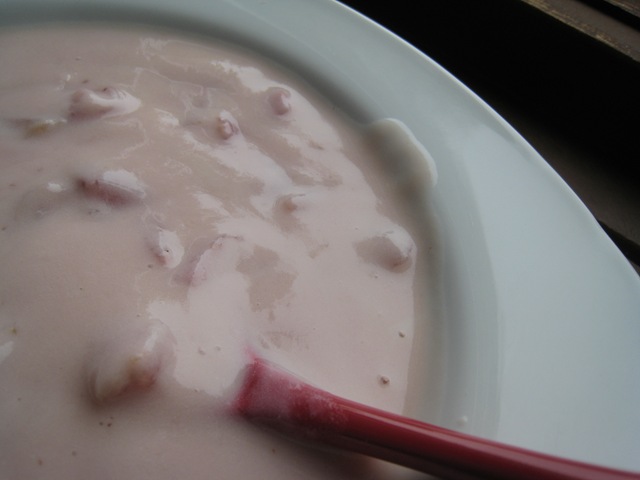When it comes to maximizing athletic performance, athletes and fitness enthusiasts explore various strategies. From rigorous training regimes to cutting-edge probiotics, the quest for an edge in sports performance is never-ending. One area that has gained significant attention in recent years is the use of probiotics. These living microorganisms have shown promise in improving gut health and overall well-being, but can they also enhance athletic abilities? In this blog post, we delve into the relationship between probiotics and exercise performance to explore their potential benefits and limitations.
Understanding Probiotics
Before diving into the potential benefits of probiotics on exercise performance, it’s essential to grasp what they are. Probiotics are beneficial bacteria that reside in our gastrointestinal tract. They contribute to maintaining a healthy gut microbiome, supporting digestion, nutrient absorption, and immune function. Probiotics are commonly found in fermented foods like yogurt, sauerkraut, and kimchi, or they can be consumed in the form of probiotics.
Gut Health and Athletic Performance
The gut microbiome plays a vital role in overall health, and recent research suggests that it may also influence athletic performance. Athletes are known to experience increased intestinal permeability, commonly referred to as “leaky gut,” due to the physical stress placed on their bodies. This can lead to inflammation, compromised immune function, and a decrease in overall performance.
Probiotics and their ability to support a healthy gut microbiome may help mitigate these issues. Studies have shown that certain strains of probiotics can improve gut barrier function, reduce inflammation, and enhance immune responses. By supporting a healthy gut, athletes may experience improved recovery, decreased incidence of illness, and enhanced nutrient absorption, all of which can positively impact exercise performance.
Reducing Exercise-Induced Inflammation
Exercise, particularly high-intensity and endurance training, causes inflammation in the body. While inflammation is a natural response to stress, excessive and prolonged inflammation can hinder recovery and impair performance. Probiotics have been studied for their potential to modulate the immune system and reduce exercise-induced inflammation.
Research suggests that certain probiotic strains, such as Lactobacillus acidophilus and Bifidobacterium bifidum, may help reduce markers of inflammation in athletes. By balancing the immune response and promoting a healthy gut environment, probiotics can contribute to a more efficient recovery process and potentially enhance athletic performance.
Improving Nutrient Absorption and Energy Metabolism
Efficient nutrient absorption and energy metabolism are critical for athletes to perform at their best. Probiotics have been shown to enhance the absorption of nutrients such as vitamins, minerals, and amino acids. Additionally, certain strains of probiotics produce short-chain fatty acids (SCFAs) through the fermentation of dietary fiber. SCFAs serve as an energy source for the body and have been linked to improved exercise capacity and endurance.
Moreover, probiotics may influence the production and metabolism of neurotransmitters, such as serotonin and dopamine, which play a role in mood regulation and cognitive function. By optimizing the gut-brain axis, probiotics may indirectly enhance focus, motivation, and mental resilience during exercise.
Limitations and Considerations
While the potential benefits of probiotics on exercise performance are intriguing, it’s important to acknowledge the limitations and consider individual differences. The effects of probiotics can vary depending on factors such as the specific strain used, the dosage, and the individual’s existing gut microbiota composition.

Furthermore, research in this area is still relatively new, and more studies are needed to fully understand the mechanisms and optimal protocols for using probiotics to enhance athletic abilities. Athletes should consult with healthcare professionals or sports nutritionists before incorporating probiotics into their regimens to ensure safety, efficacy, and compatibility with other probiotics or medications.
Conclusion
The relationship between probiotics and exercise performance is a fascinating field of study. While current research suggests that probiotics may offer benefits such as improved gut health, reduced inflammation, and enhanced nutrient absorption, the specific effects on athletic abilities are still being explored.
Incorporating probiotics into a well-rounded approach to sports performance, which includes proper training, nutrition, and recovery strategies, may have the potential to support optimal performance and overall well-being. As scientific knowledge advances, athletes and fitness enthusiasts can look forward to further insights and tailored recommendations regarding the use of probiotics to enhance their athletic abilities. For more insights and further information about gut health pills, come and visit their page to learn more.




